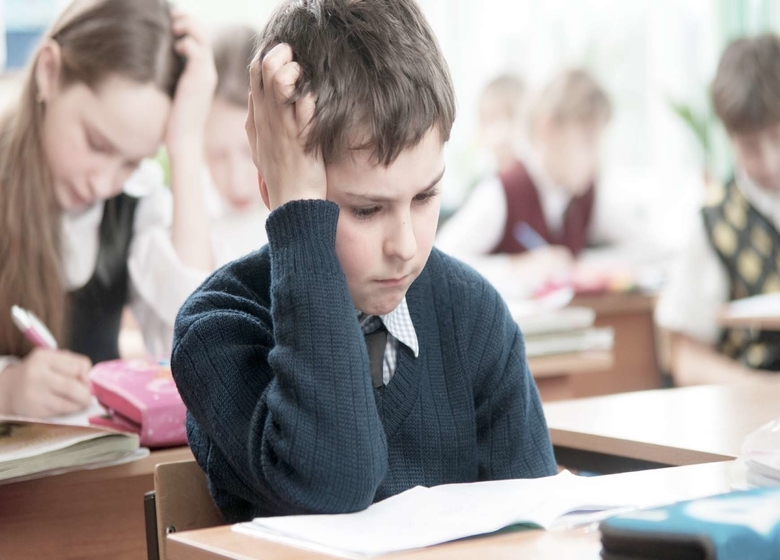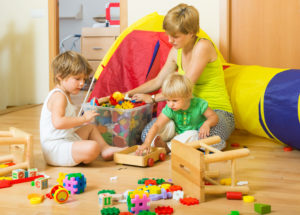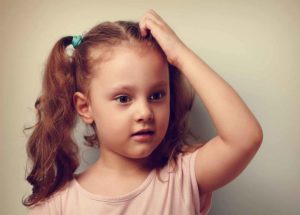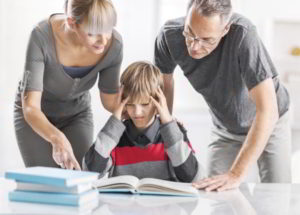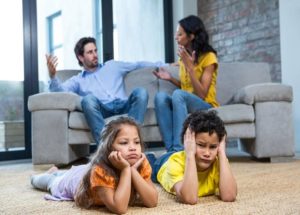Does your kid have dry scalp, complaining of severe itching and irritation on their scalp owing to white flakes? Do you notice on their head the near-bald patches? If you nodded solemnly along, your child may have psoriasis of the scalp. Please read our article about the causes, symptoms, and treatments of different scalp problems in children.
What Are Scalp Problems In Children?
Infections of the scalp and ailments affect most children around the world. The scalp has many sebum secretions and thick hair follicles. Some parasites infections can result from a warm, thick scalp setting. The dust, pollution, and damaging chemicals exposure also impact children’s sensitive scalp skin, leading to the itchy, flaccid scalp.
Types Of Scalp Problems In Children:
Several distinct infections tend to influence your children’s scalp resulting in distinct types of issues with the scalp. In kids, different types of scalp conditions include:
- Eczema in scalp
- Psoriasis in scalp
- Scalp Ringworm
- Capitis of Dandruff or Pityriasis
- Scabies
- Head Lice Or Pediculosis Capitis
- Scalp Folliculitis
Causes of Scalp Problems in Children
Here are some of the reasons for children’s scalp problems:
- An unhealthy diet can cause scalp problems in kids Dry scalp or excessive sweating can cause scalp problems.
- Stress is one of the primary factors for scalp problems some scalp problems can be contagious and can happen through sharing of hats, bedding, combs, hairbands, etc.
- Head lice can cause scalp problems.
- Not maintaining adequate hygiene or not taking excellent care of the scalp can lead to scalp disorders.
- Extreme dry weather conditions
- Bacterial infections
- Fungal infections
- Problems with the immune system can sometimes lead to scalp disorders like psoriasis.
- Children may also have scalp issues due to dust or pollen grains.
- Scalp problems can sometimes result from hereditary factors.
- Sleep problems or absence of sleep can cause problems with the scalp in children
Symptoms of Scalp Problems in Children
How would you determine if your child has any scalp issue or not? Well, here we’ve mentioned some symptoms that can assist you to determine the multiple scalp disorders that your child may have:
- Lymph nodes enlarged or swelled
- Grey or white scalp flakes
- Small pus-filled bumps around your child’s hair follicles.
- Rings or flaming red spots on the scalp
- Your child may experience a burning sensation on his scalp
- Small bumps, face, neck or hands
- Dry scalp Flaky and itchy scalp Zigzag clusters, which can be caused by mites.
Diagnosis:
You should take your child to the doctor to diagnose any possible scalp problems as soon as you register any of the above-mentioned symptoms in your child. Most of the problems with the scalp can be diagnosed by looking at them, and your doctor may examine the scalp, hair or head of your child to establish the same. However, if physical symptoms may not be sufficient to diagnose the problem, your doctor may ask you to perform some tests for your child, including blood tests, nutritional deficiency checks, hormonal level testing, etc.
Treatment Of Scalp Problems In Children:
Some therapy measures that can assist in the therapy of scalp problems in children follow:
1. Keep good hygiene:
Any type of infection with the scalp in a kid can be controlled readily by pursuing excellent hygiene. Ask your child to frequently wash his hair, particularly after profusely playing or sweating. Do not allow your child to scratch his scalp and maintain your kid’s comb separate.
2. Prevent scalp irritation triggers:
Irritants, excessive sweating, pollen, dust, dander, hot baths, a variety of chemical hair care products, and scratching with pointed nails are prominent triggers that can lead to flare-ups of scalp eczema.
3. Medications:
Some problems with the scalp require medication. To take the right medicines, consult your doctor. Medicated creams, gels, and shampoos may be suggested by doctors to prevent scalp dryness. Anti-lice drugs and shampoos can help heal the lice of the head. Antifungal shampoos effectively treat a scalp fungal infection. For certain scalp conditions and infections, the doctor may also recommend antibiotics.
4. Scalp care exercise:
Encourage your child to regularly wash their hair and head with water to keep the scalp clean. Prevent your child with pointed nails from scratching his scalp. Wash the clothes and bedding in hot water for your child. Avoid tight braiding and sharp peaks.
As soon as you identify any scalp problems in your child, we suggest that you seek advice from your doctor as soon as possible to avoid further complications.
Also Read: Effective Home Remedies For Head Lice



